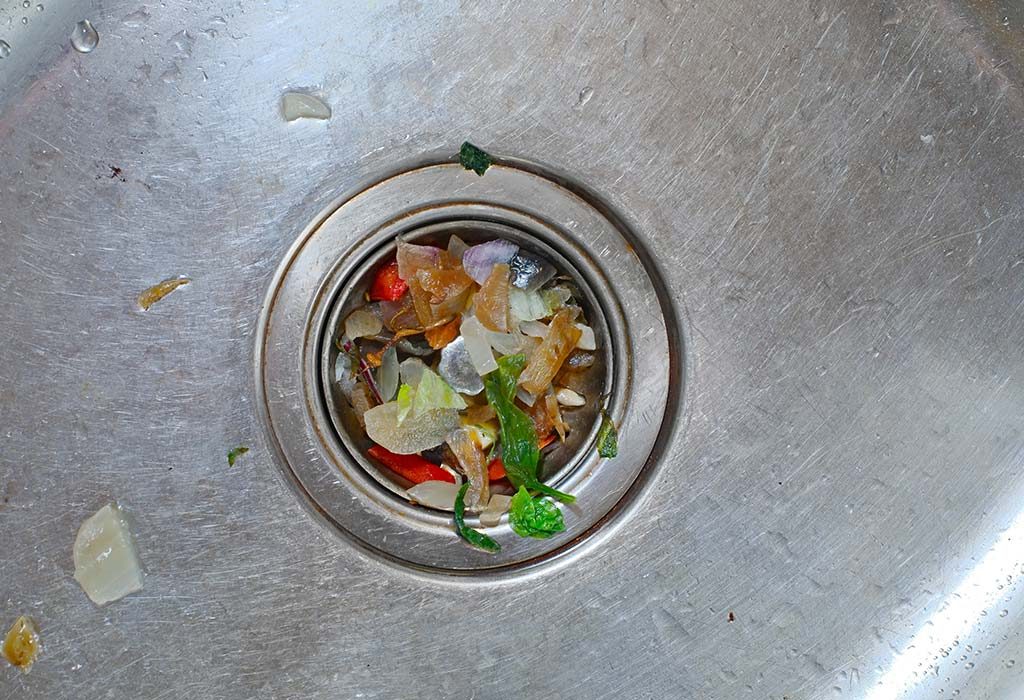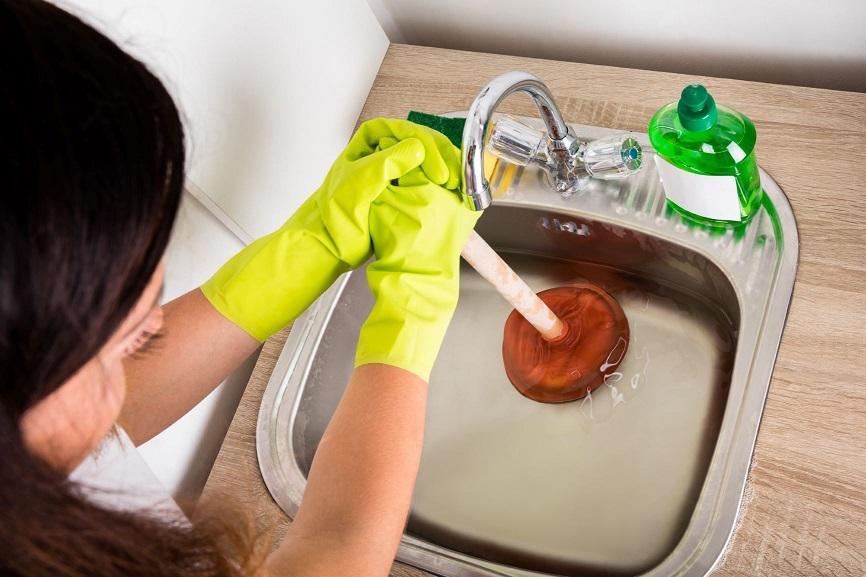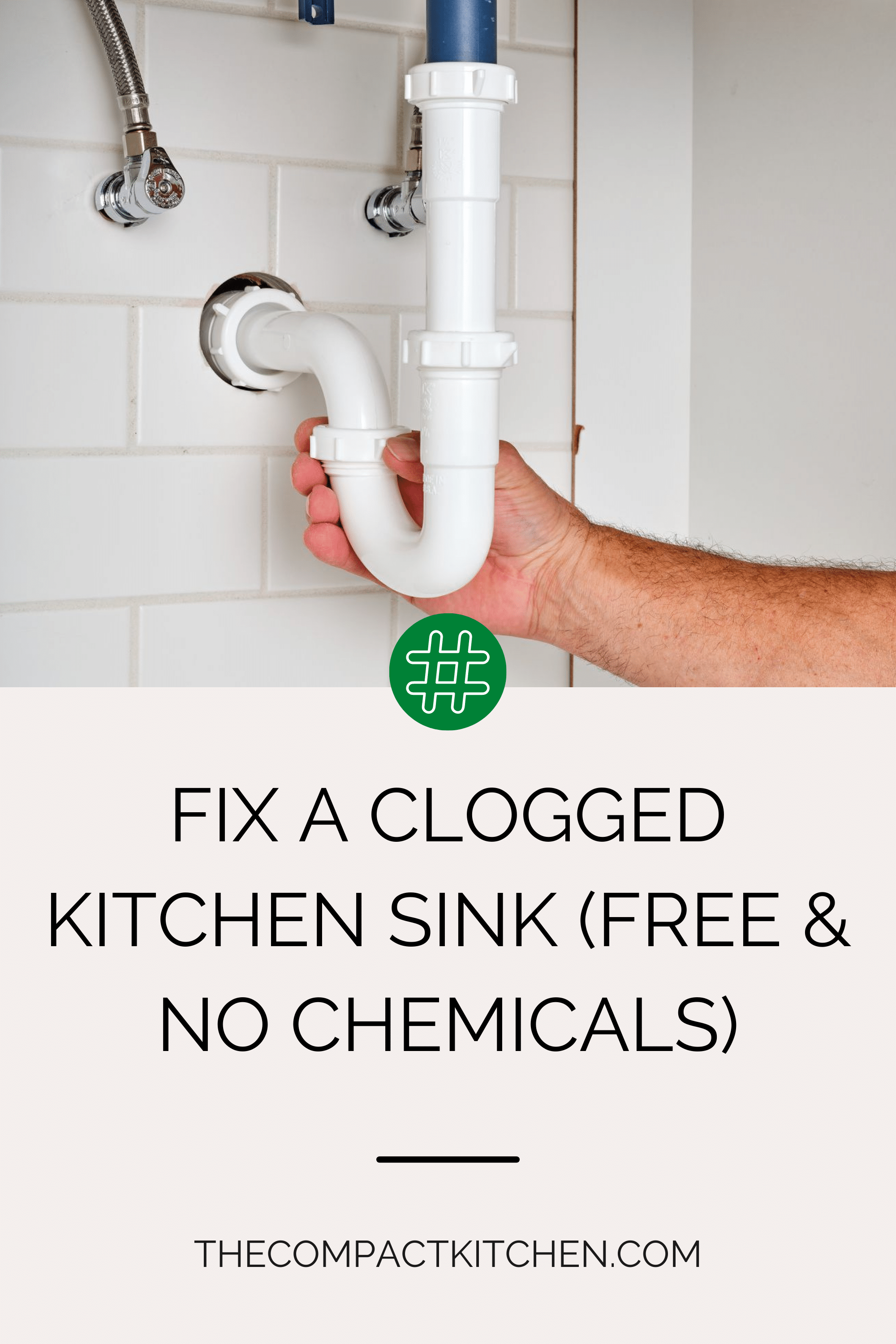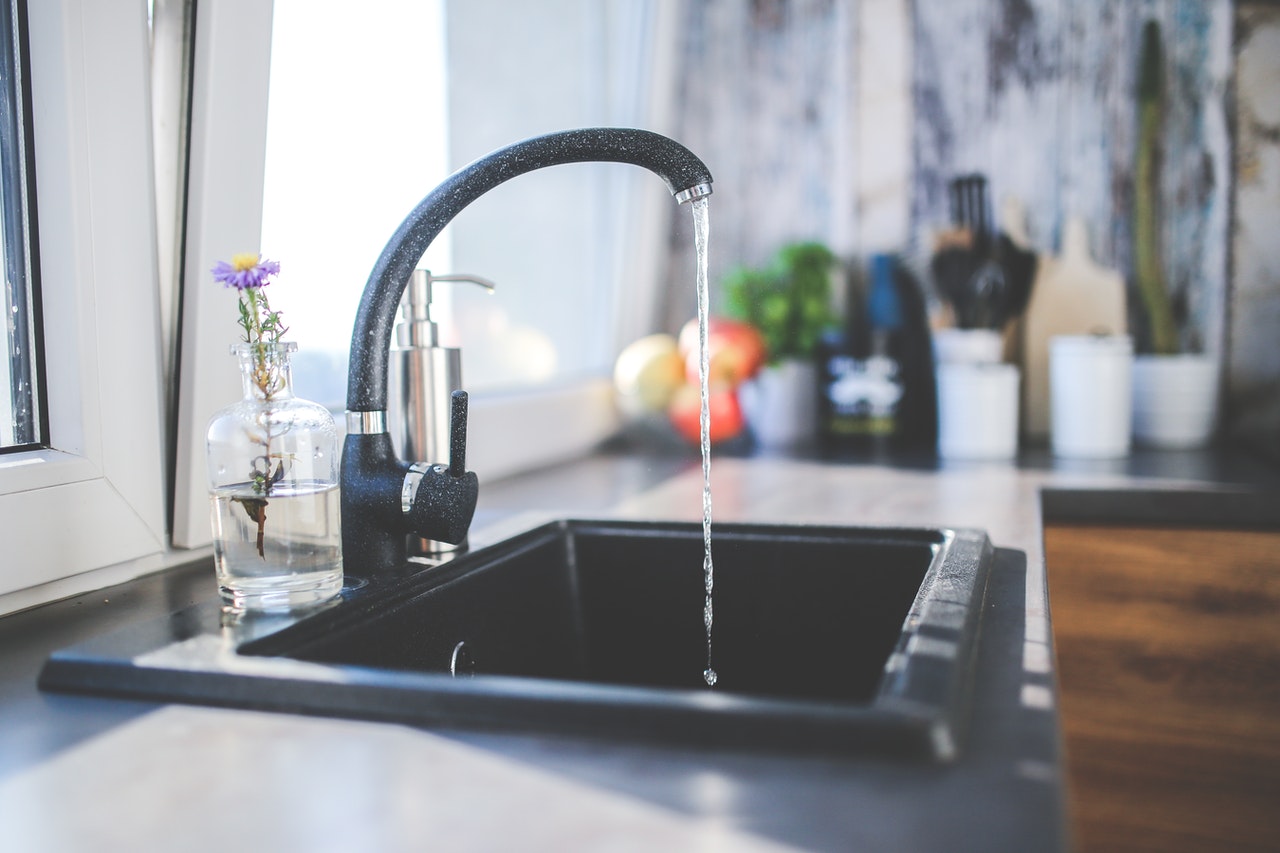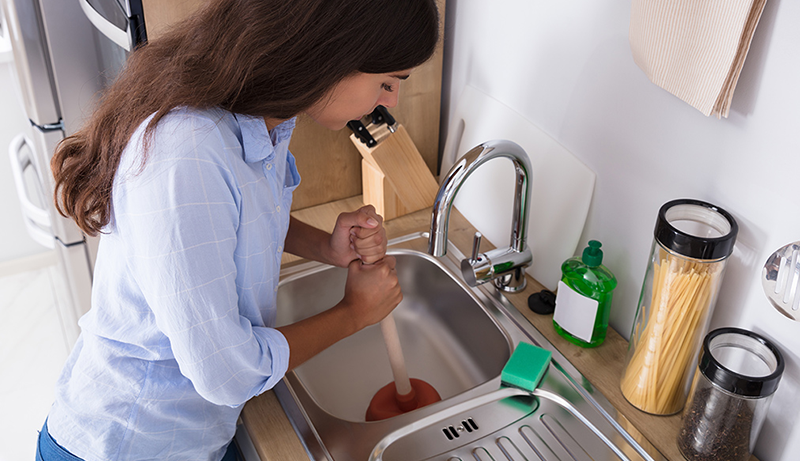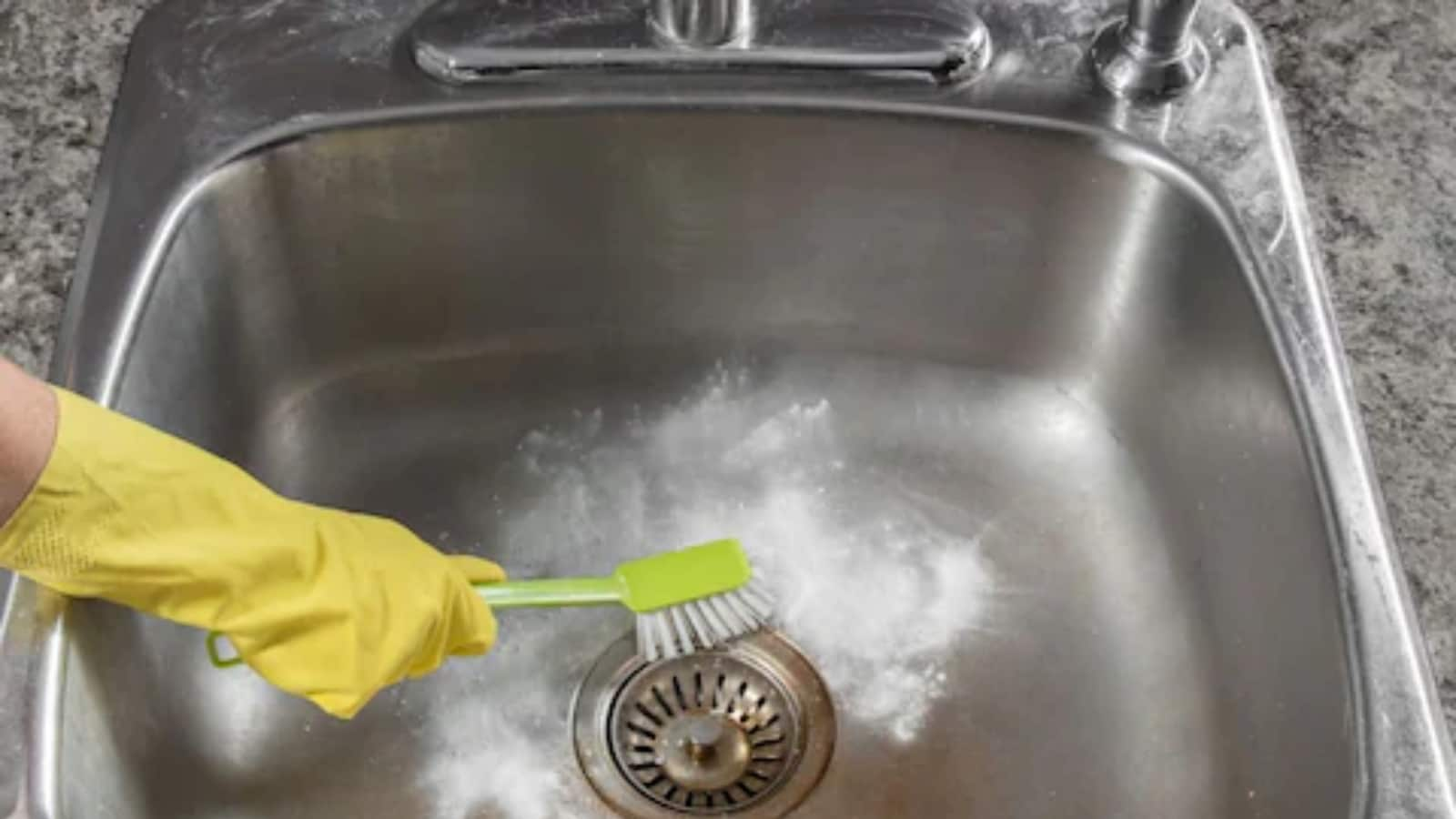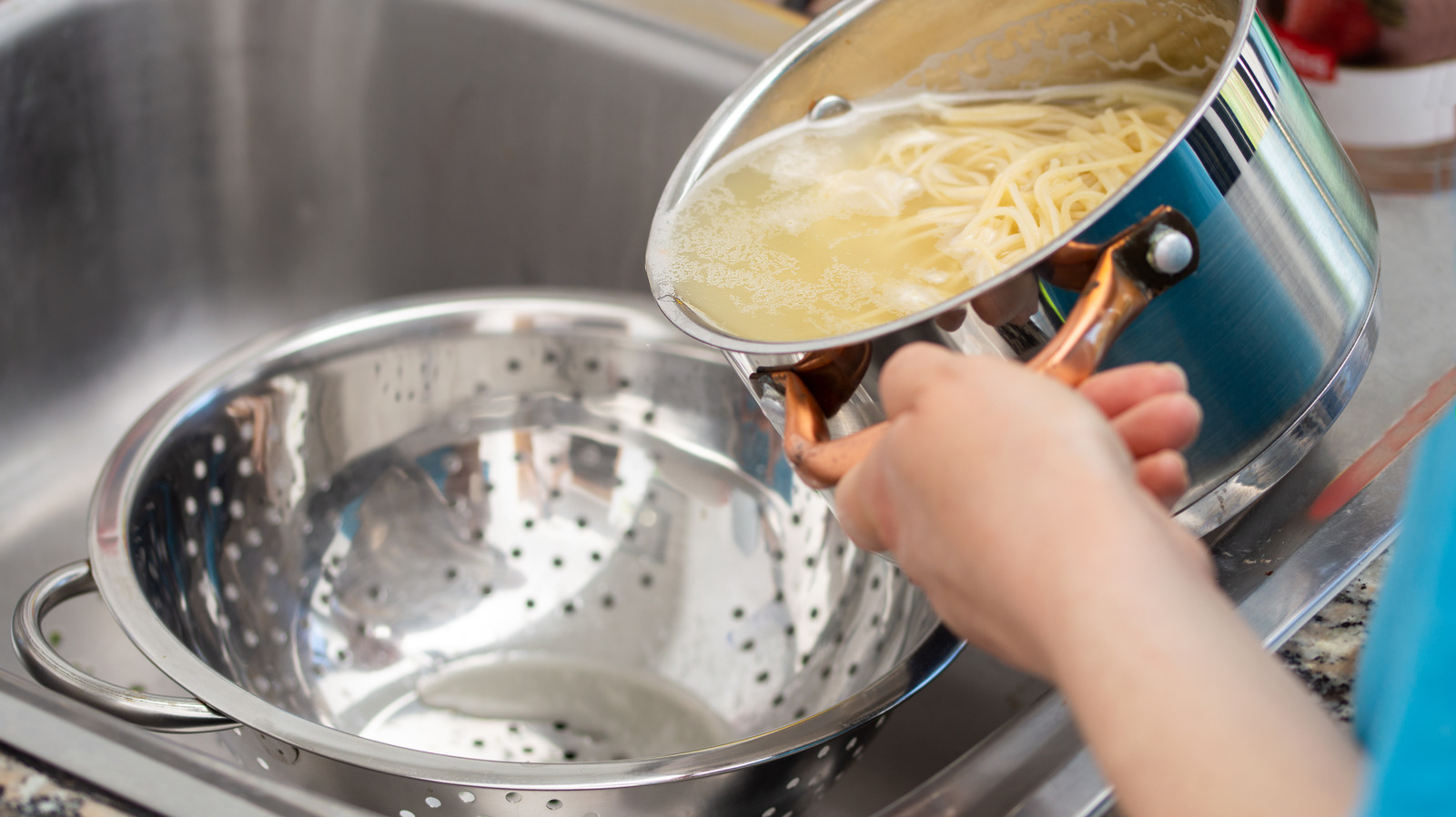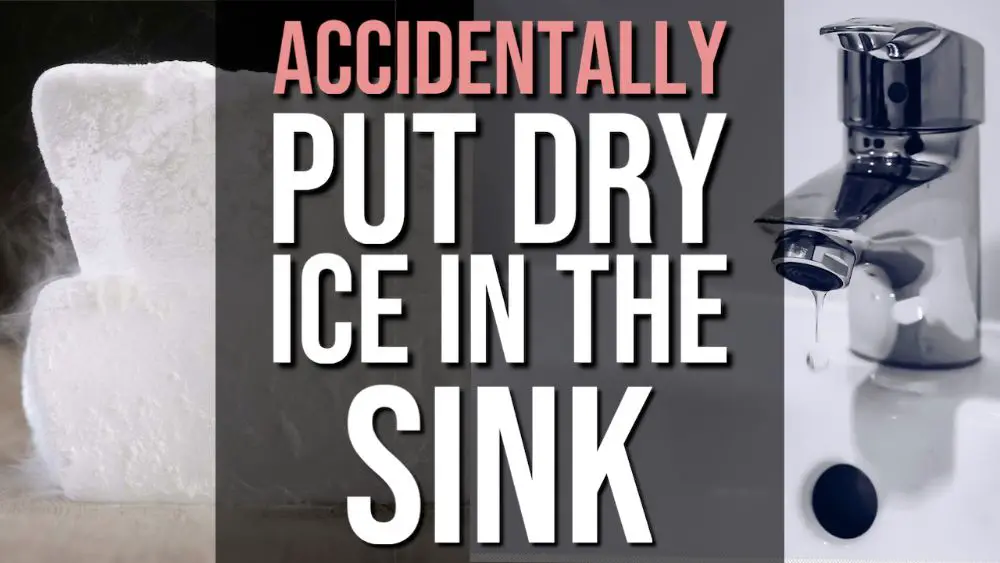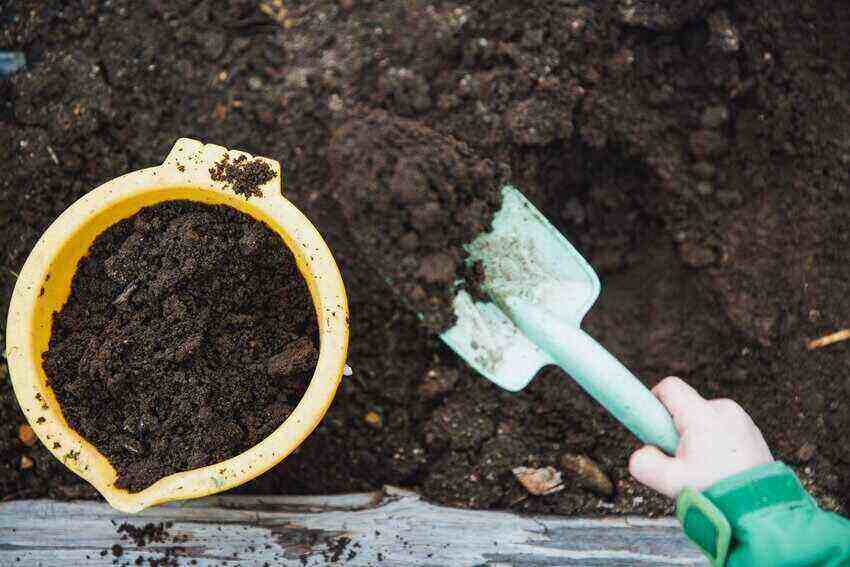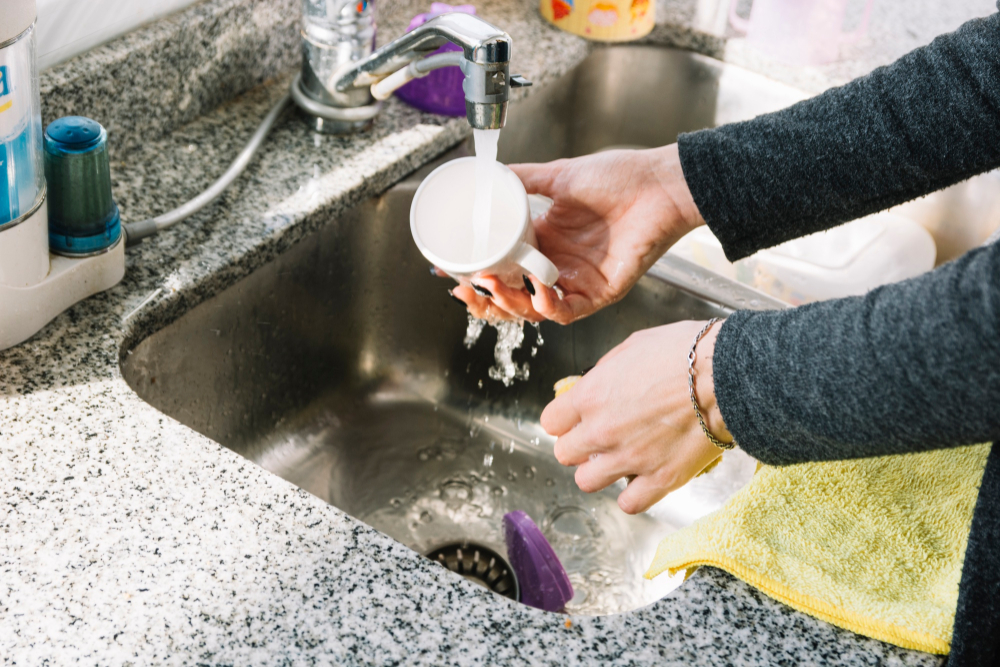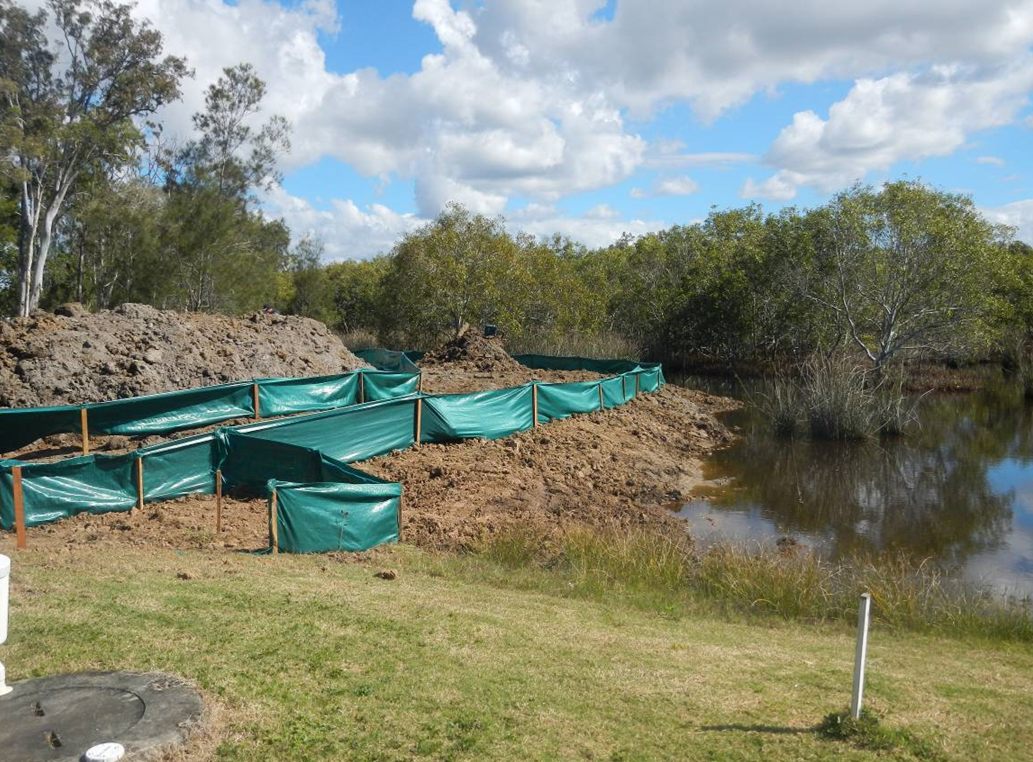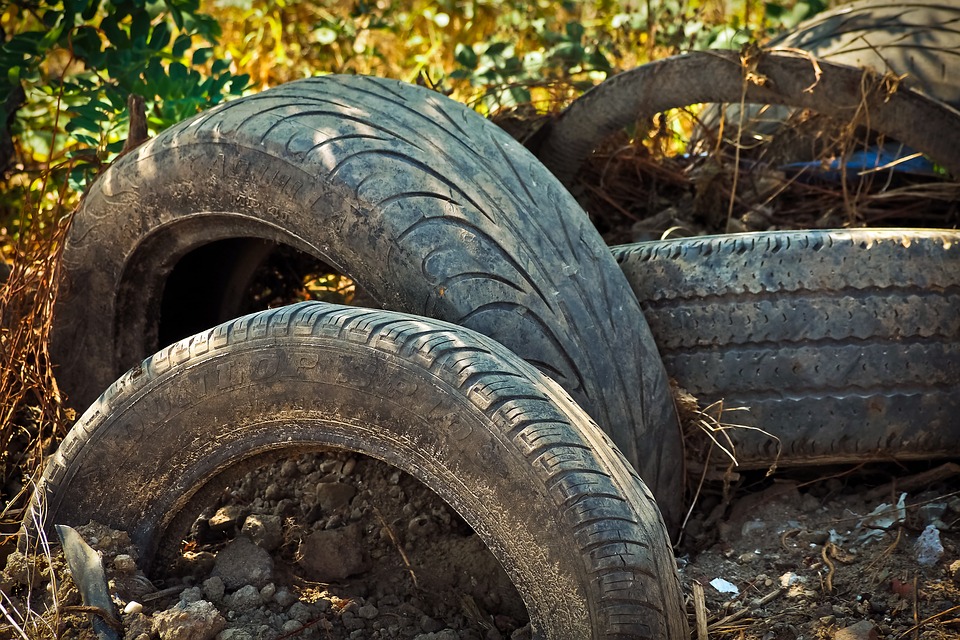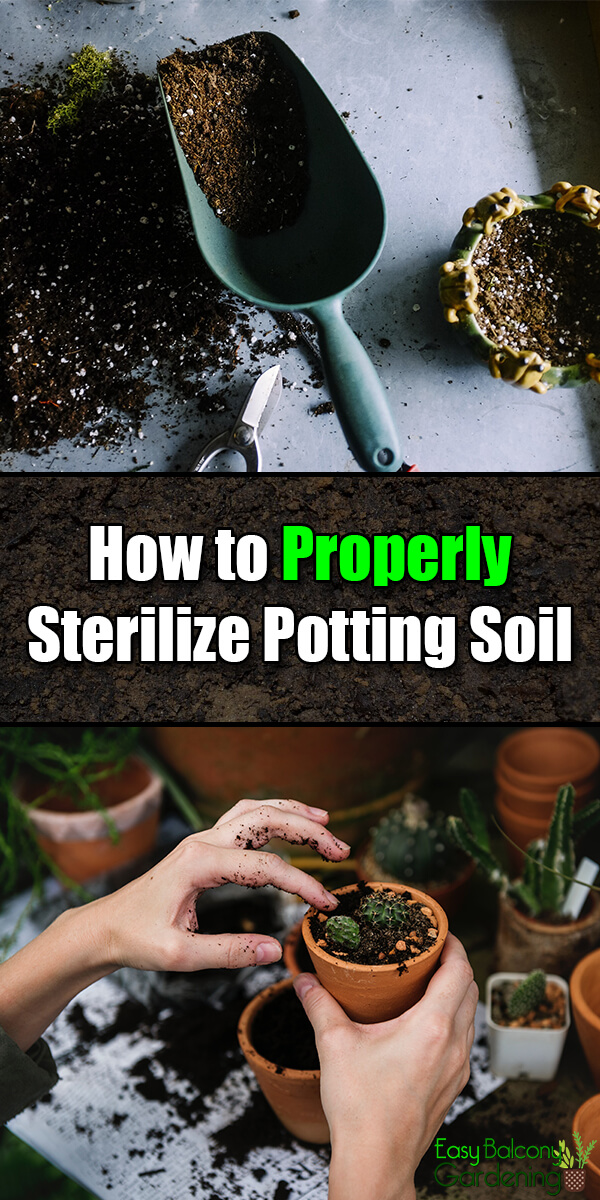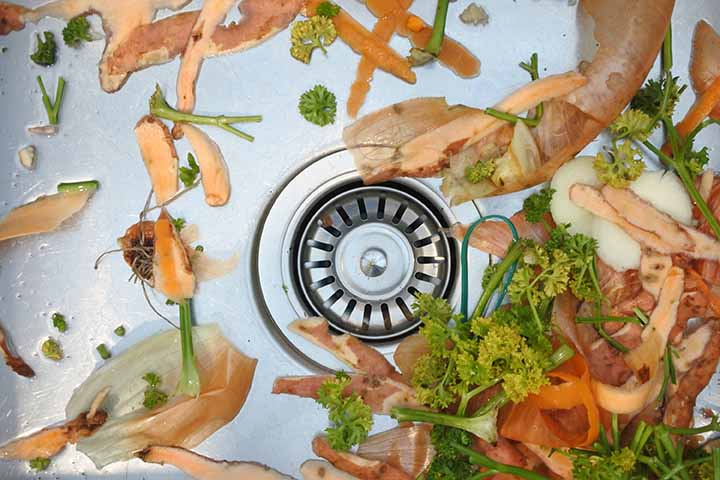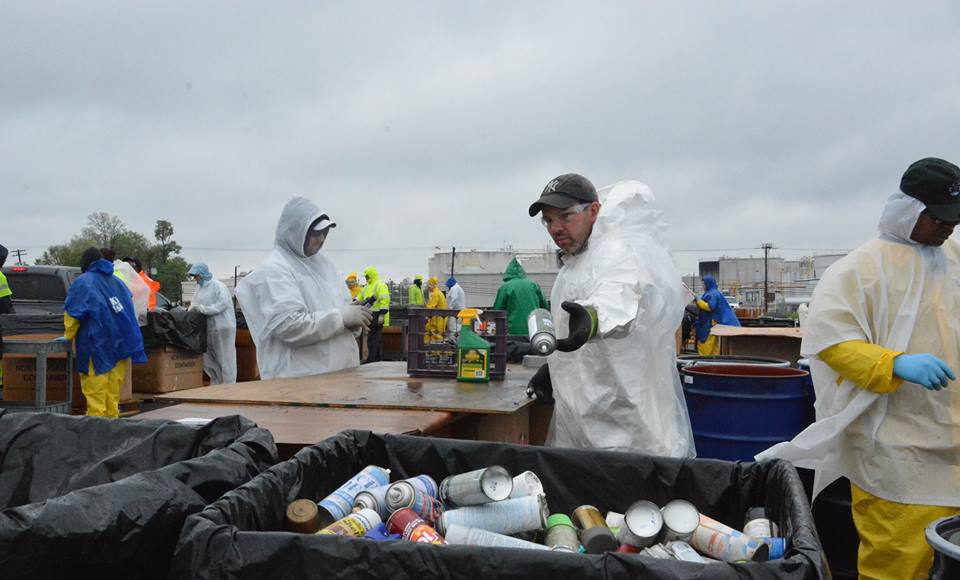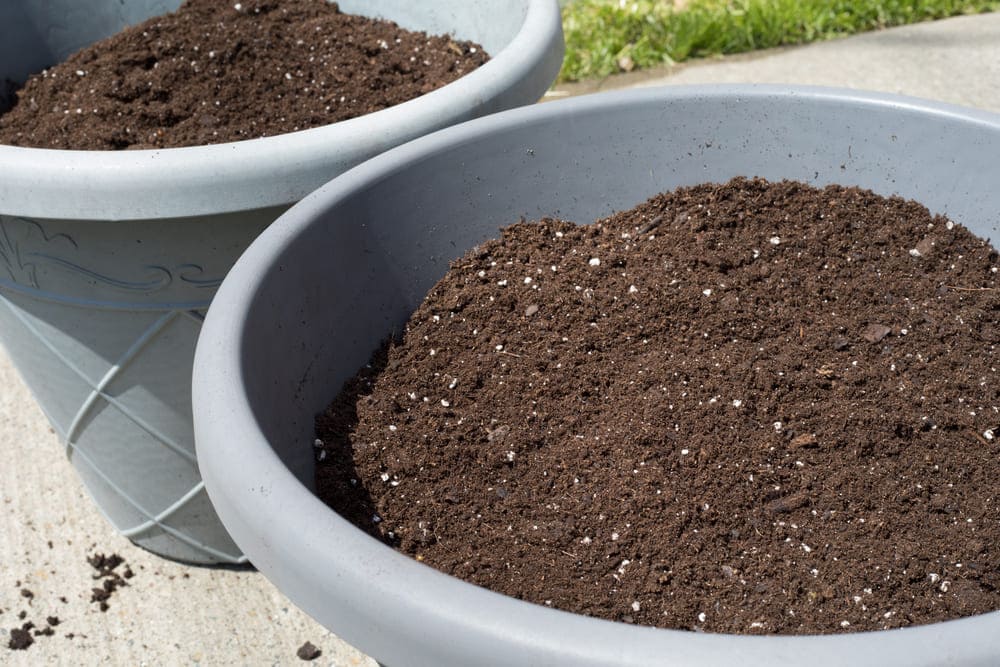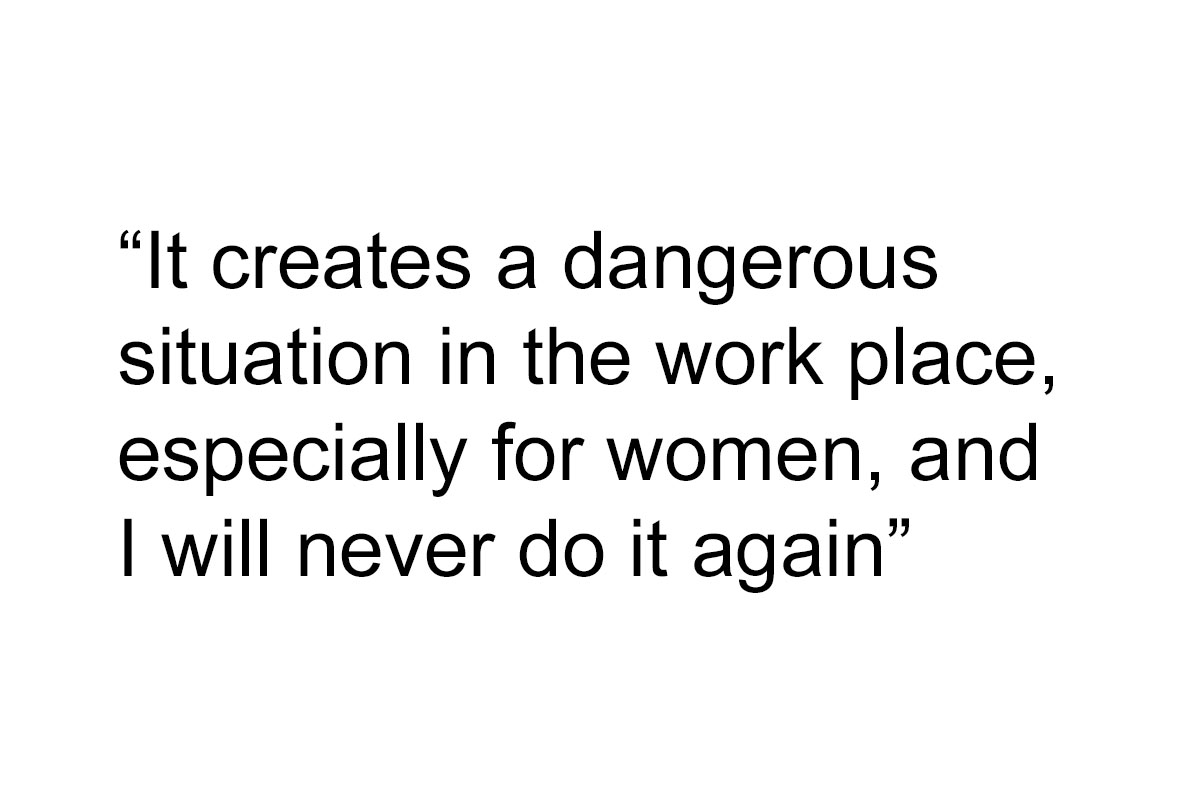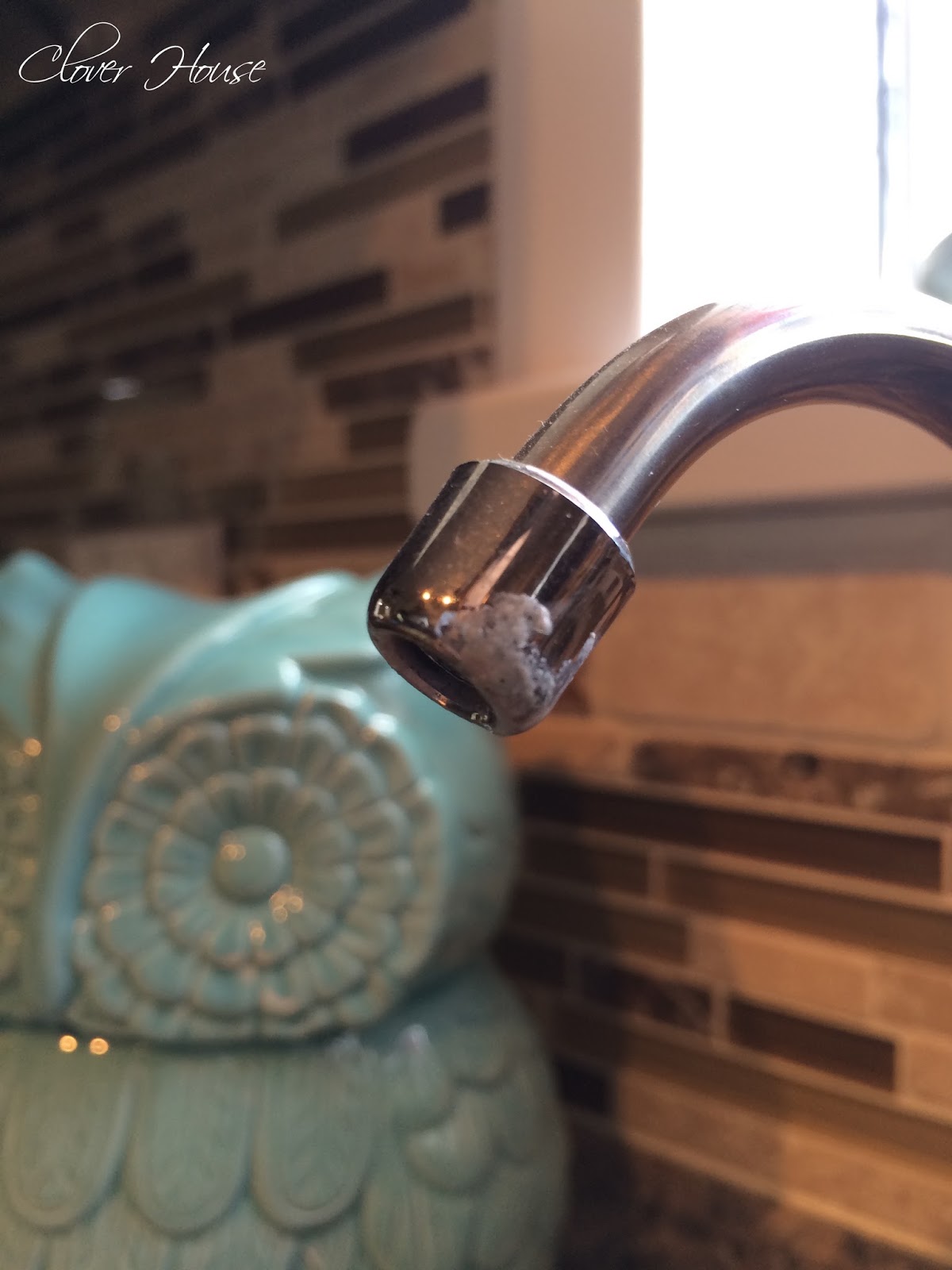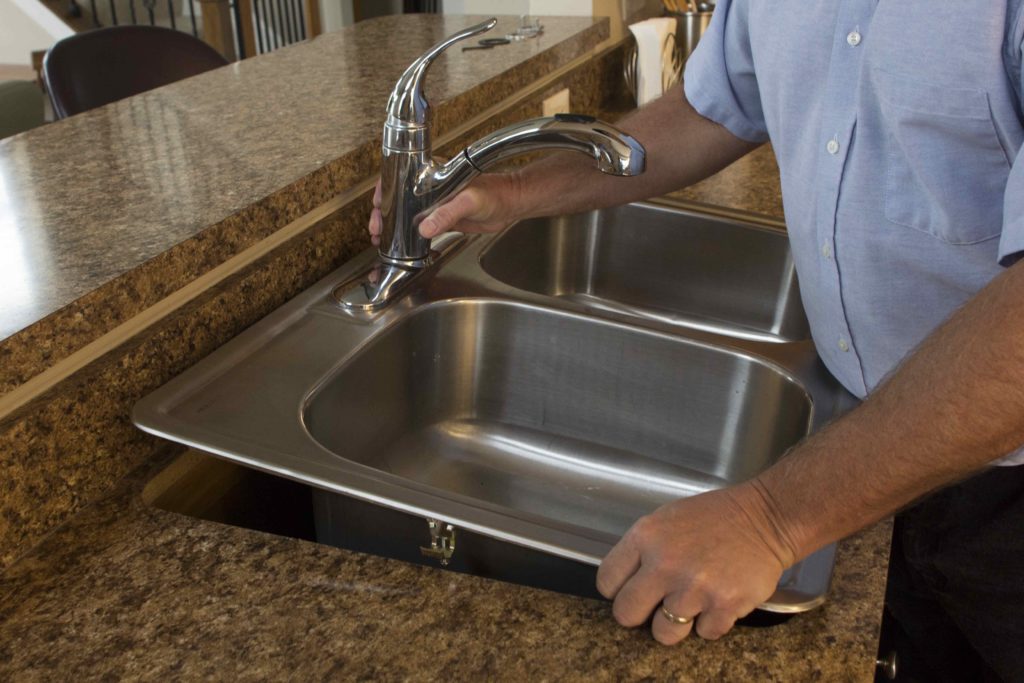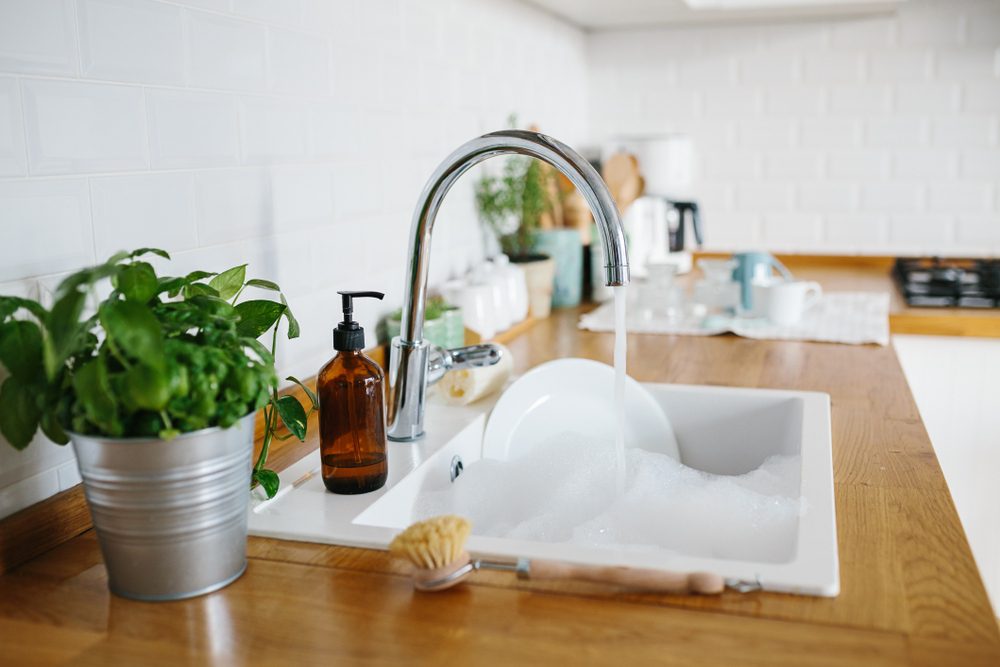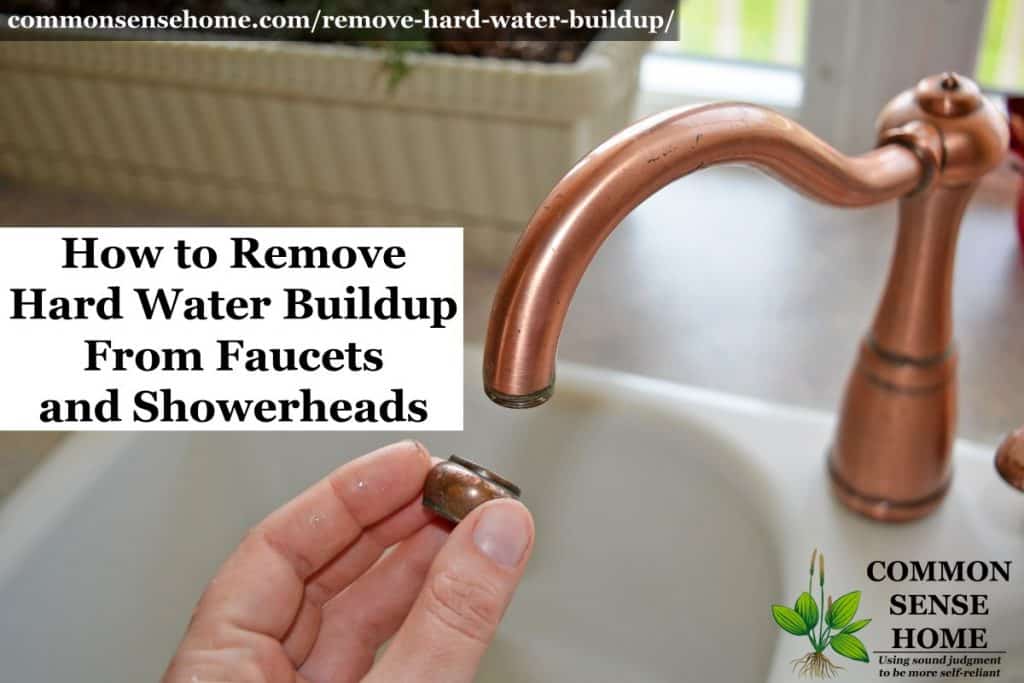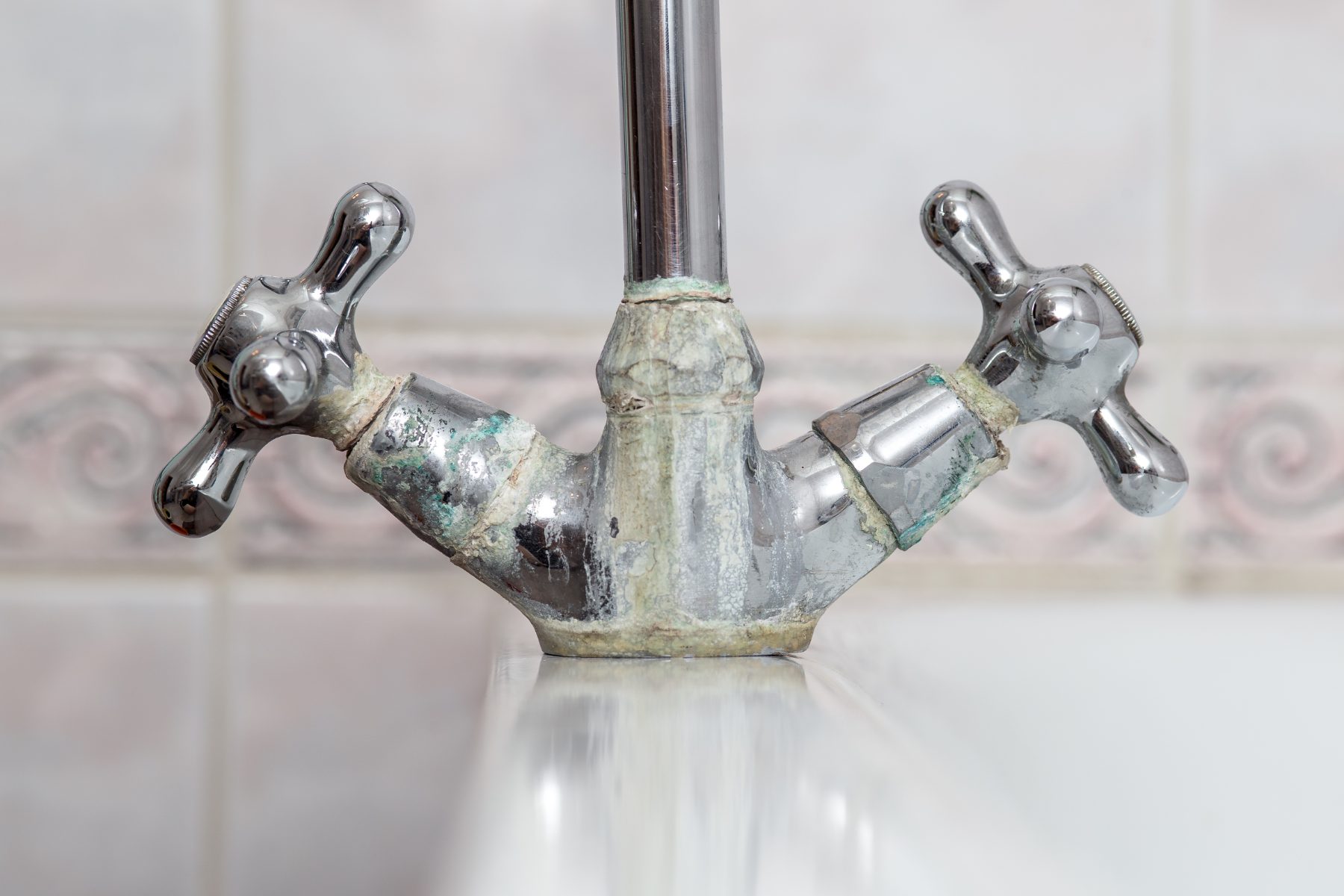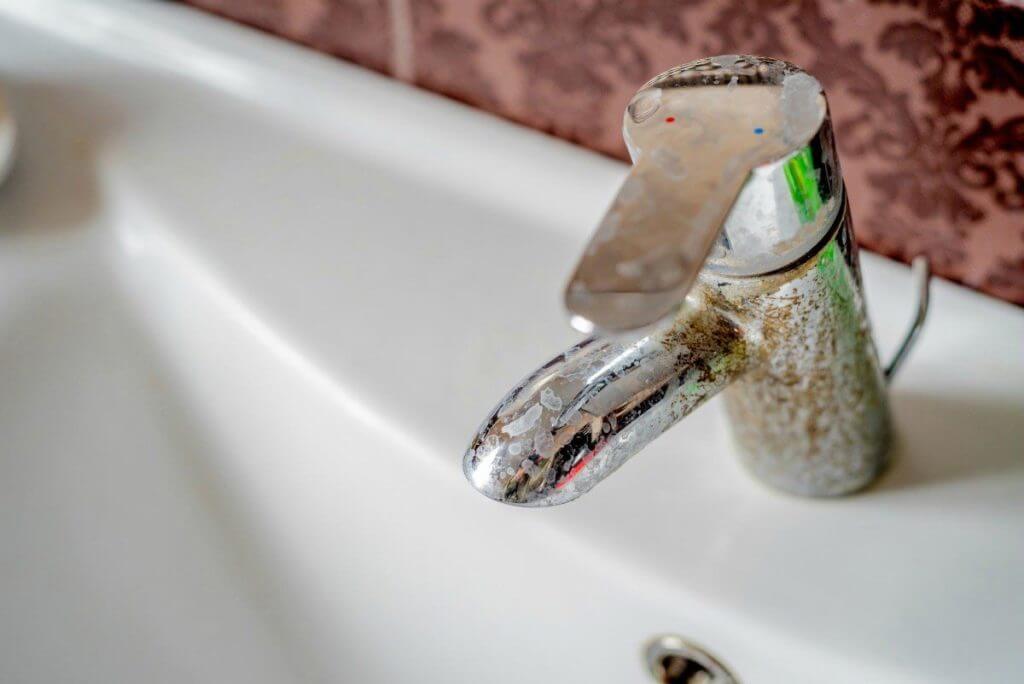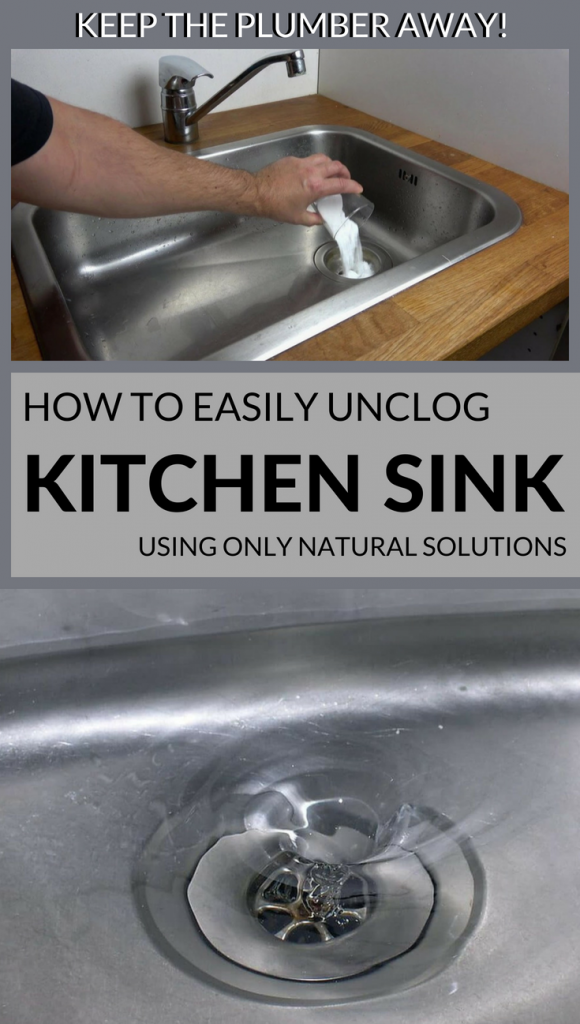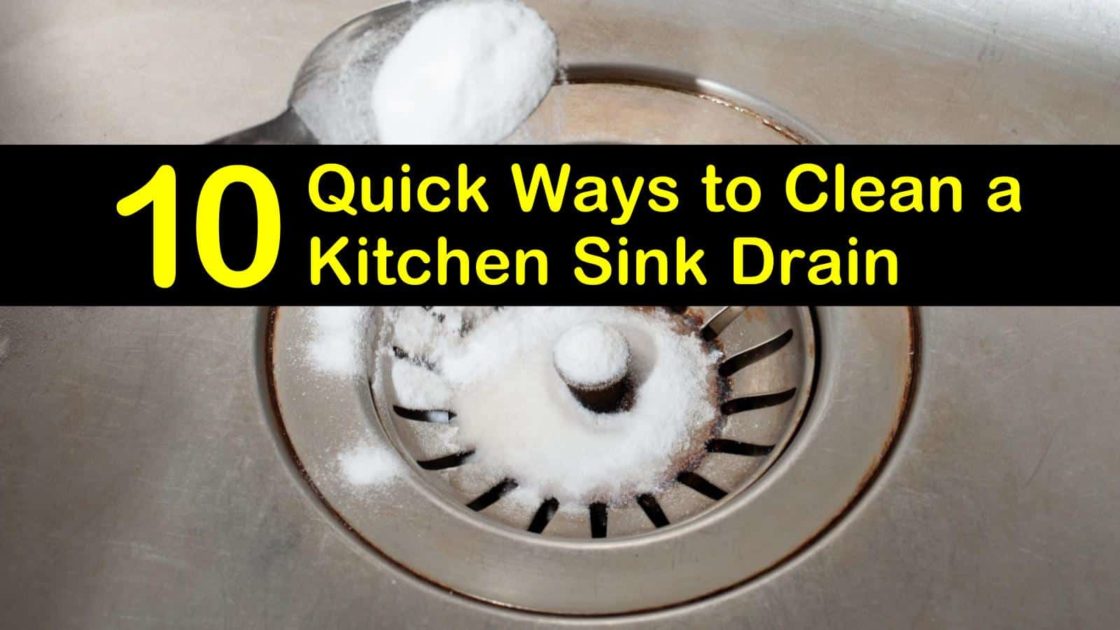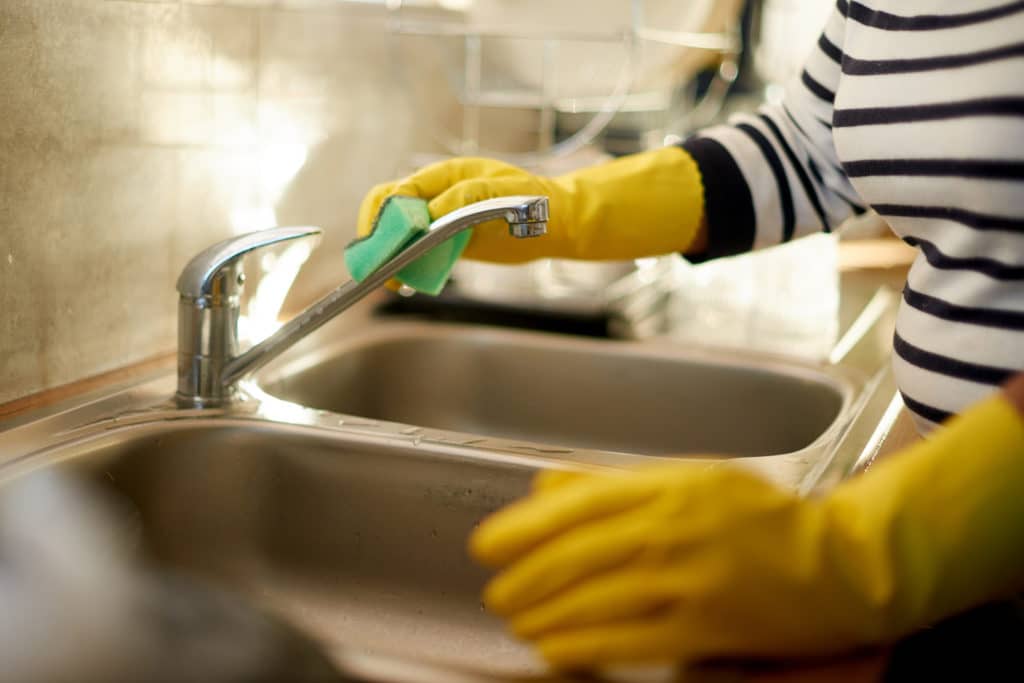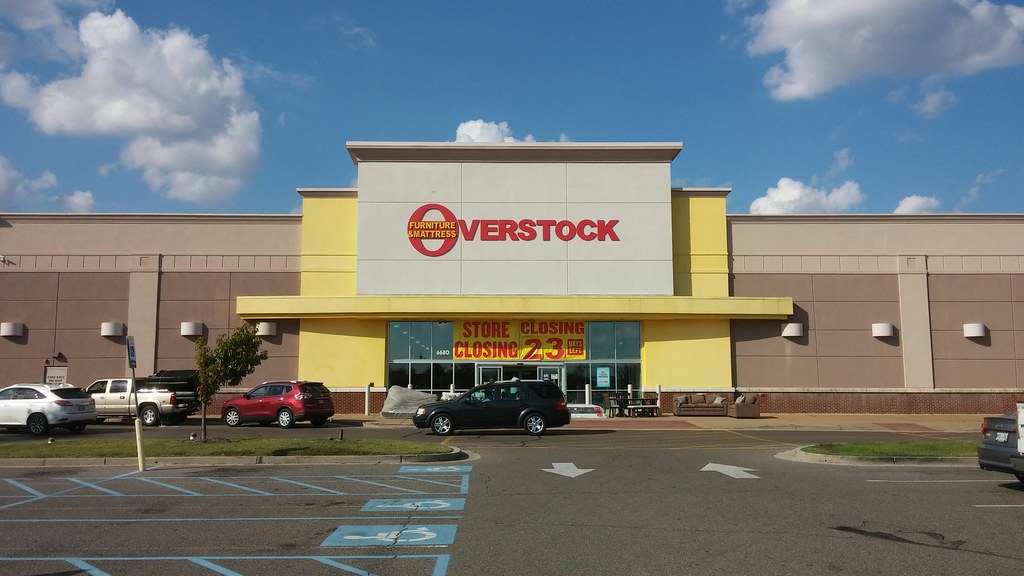If you've ever experienced a clogged kitchen sink, you know how frustrating it can be. Not only does it prevent you from using your sink to wash dishes or prepare food, but it can also lead to unpleasant odors and potential water damage. A common cause of a clogged kitchen sink is dumping soil down the drain. But don't worry, we've got you covered with these tips on how to clean a clogged kitchen sink.How to Clean a Clogged Kitchen Sink
If your kitchen sink is completely clogged and you have standing water in the sink, the first step is to remove as much of the water as you can. Use a cup or bucket to scoop out the water and pour it into a nearby drain or toilet. Then, try using a plunger to dislodge the clog. If that doesn't work, you can try using a drain snake or a mixture of baking soda and vinegar to break up the clog.How to Unclog a Kitchen Sink with Standing Water
If your kitchen sink is only partially clogged and you're still able to use it, it's important to address the issue before it becomes completely blocked. Start by running hot water down the drain for a few minutes to soften any buildup. Then, try using a plunger or a drain snake to break up the clog. If that doesn't work, you may need to use a chemical drain cleaner or call a professional plumber.How to Fix a Clogged Kitchen Sink
Accidentally dumping soil down the kitchen sink may seem like a harmless mistake, but it can lead to major clogging and damage to your plumbing system. If you've already dumped soil down the sink, don't panic. First, try using a plunger to dislodge the soil. If that doesn't work, you can try using a mixture of hot water and dish soap to break it up. If the clog is still stubborn, you may need to call a professional plumber for assistance.What to Do When You Accidentally Dump Soil Down the Sink
The best way to deal with a clogged kitchen sink is to prevent it from happening in the first place. One of the best ways to do this is to avoid dumping soil down the sink. Instead, dispose of soil in a trash bag or compost bin. You can also use a sink strainer to catch any small debris before it goes down the drain.How to Prevent Soil from Clogging Your Kitchen Sink
Dumping soil down your kitchen sink may seem like a convenient way to get rid of excess dirt, but it can have serious consequences. Not only can it lead to clogs and damage to your plumbing, but it can also harm the environment. Soil contains nutrients and microorganisms that are important for plant growth, and dumping it down the sink can disrupt the natural balance of your local ecosystem.The Dangers of Dumping Soil Down Your Kitchen Sink
When it comes to disposing of soil in the kitchen, there are a few simple steps you can follow to do it properly. First, remove excess soil from any pots or gardening tools and dispose of it in a trash bag or compost bin. Then, rinse off any remaining soil in the sink or outside with a hose. If you have a large amount of soil to get rid of, consider taking it to a local composting facility or contacting your city's waste management department for proper disposal options.How to Properly Dispose of Soil in the Kitchen
As we've mentioned, dumping soil down your kitchen sink is not only harmful to your plumbing and the environment, but it can also be costly. Repairing clogged drains and damaged pipes can be expensive, and it's not worth the risk when there are simple and responsible ways to dispose of soil. So, remember to never dump soil down your kitchen sink.Why You Should Never Dump Soil Down Your Kitchen Sink
If you've been dumping soil down your kitchen sink for a while, you may have a buildup of dirt and debris in your pipes. This can lead to slow drainage and unpleasant odors. To remove soil buildup, try pouring a mixture of baking soda and vinegar down the drain and letting it sit for a few hours before flushing it with hot water. You can also use a plumbing snake or call a professional plumber for assistance.How to Remove Soil Buildup in Your Kitchen Sink
If you've successfully unclogged your kitchen sink after accidentally dumping soil down it, it's important to properly clean and disinfect the sink to prevent any future clogs. Start by scrubbing the sink with a mixture of hot water and dish soap. You can also use a mixture of baking soda and water for a deeper clean. Finish off by pouring boiling water down the drain to remove any remaining dirt and debris.The Best Ways to Clean a Kitchen Sink After Dumping Soil
The Importance of Proper Waste Disposal in House Design

A Common Mistake: Dumping Soil Down the Kitchen Sink
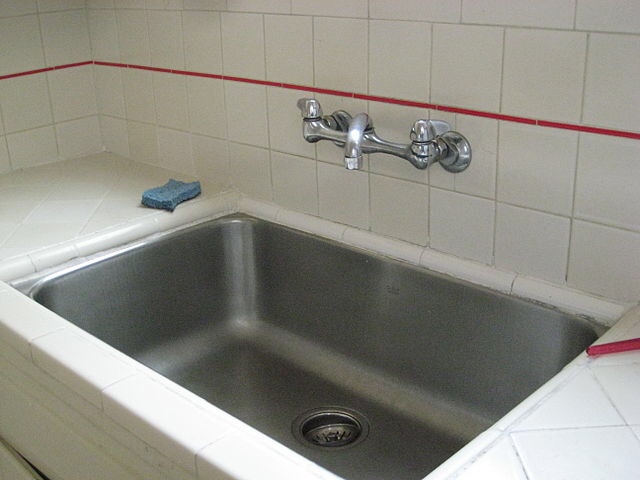 When it comes to designing a house, there are many factors to consider, including functionality, aesthetics, and sustainability. However, one crucial aspect that is often overlooked is waste disposal. Proper waste management is essential not only for the environment but also for the health and safety of the household. Unfortunately, many homeowners make the mistake of disposing of waste improperly, such as dumping soil down the kitchen sink.
So why is dumping soil down the kitchen sink a problem?
Firstly, it can clog the pipes and cause blockages, leading to costly repairs. Soil is not easily broken down, and when it accumulates in the pipes, it can create a barrier that prevents water and other waste from flowing smoothly. This can result in water backup and potential flooding, which can be hazardous and damaging to the house.
Furthermore, dumping soil down the kitchen sink can also harm the environment. The soil contains nutrients that are essential for plants, and when it enters the water system, it can disrupt the delicate balance of aquatic ecosystems. It can also pollute water sources and harm wildlife. Additionally, if the soil contains chemicals or toxins, it can contaminate the water and pose a threat to human health.
So how can homeowners dispose of soil properly?
The best way to dispose of soil is to compost it. Composting is a natural process that breaks down organic materials, such as soil, into nutrient-rich soil amendments that can be used for gardening and landscaping. It not only reduces waste but also helps create a healthier and more sustainable environment.
In conclusion, proper waste disposal is a vital aspect of house design that should not be overlooked. Dumping soil down the kitchen sink may seem like a convenient solution, but it can have serious consequences. Homeowners should take the time to educate themselves on proper waste management techniques and incorporate them into their house design plans. By doing so, they can contribute to a cleaner and healthier environment for themselves and future generations to come.
When it comes to designing a house, there are many factors to consider, including functionality, aesthetics, and sustainability. However, one crucial aspect that is often overlooked is waste disposal. Proper waste management is essential not only for the environment but also for the health and safety of the household. Unfortunately, many homeowners make the mistake of disposing of waste improperly, such as dumping soil down the kitchen sink.
So why is dumping soil down the kitchen sink a problem?
Firstly, it can clog the pipes and cause blockages, leading to costly repairs. Soil is not easily broken down, and when it accumulates in the pipes, it can create a barrier that prevents water and other waste from flowing smoothly. This can result in water backup and potential flooding, which can be hazardous and damaging to the house.
Furthermore, dumping soil down the kitchen sink can also harm the environment. The soil contains nutrients that are essential for plants, and when it enters the water system, it can disrupt the delicate balance of aquatic ecosystems. It can also pollute water sources and harm wildlife. Additionally, if the soil contains chemicals or toxins, it can contaminate the water and pose a threat to human health.
So how can homeowners dispose of soil properly?
The best way to dispose of soil is to compost it. Composting is a natural process that breaks down organic materials, such as soil, into nutrient-rich soil amendments that can be used for gardening and landscaping. It not only reduces waste but also helps create a healthier and more sustainable environment.
In conclusion, proper waste disposal is a vital aspect of house design that should not be overlooked. Dumping soil down the kitchen sink may seem like a convenient solution, but it can have serious consequences. Homeowners should take the time to educate themselves on proper waste management techniques and incorporate them into their house design plans. By doing so, they can contribute to a cleaner and healthier environment for themselves and future generations to come.




:max_bytes(150000):strip_icc()/how-to-unclog-a-kitchen-sink-2718799_sketch_FINAL-8c5caa805a69493ab22dfb537c72a1b7.png)
